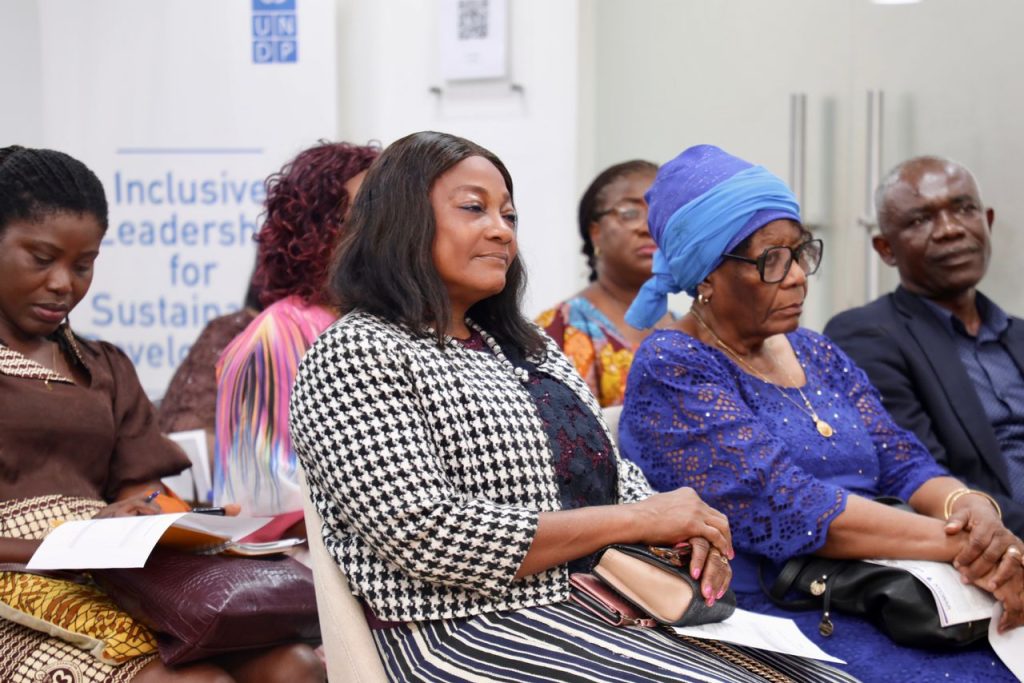By Emelia Nkrumah
Accra, Oct. 16, GNA – Dr Angela Lusigi, United Nations Development Programme (UNDP), Residents Representative, has appealed to Ghanaians to stand with women who choose to lead in politics.
She said women need to be helped by getting rid of bias and barriers that would kill their aspiration as the District Assembly election approaches to develop the society.
Dr Lusigi was speaking at a policy dialogue on “Women’s Leadership in Local Governance: Driving Grassroots Development” in Accra.
The policy dialogue organised by the UNDP brought together stakeholders in local governance, representatives of NGOs, Electoral Commission, researchers, media among others and stressed on the need for increased equitable female political participation in Ghana.
She said women participation in political leadership and decision making was low in the country and therefore, there was the need for a deliberate effort to boost the occurrence.
Dr Lusigi said, the change, must start at the top with clear policies and creating space at the decision table for women adding that “this cannot succeed without a strong pipeline and support system for emerging women leaders”.
According to her, although Africa’s performances in terms of female participation at the higher levels was encouraging, female had many barriers to be victorious in politics and decision making.
“Only 14.5 per cent of women are in Parliament, less than 5 per cent of elected assembly members are women, some districts have none, only 15 per cent of the 261 Metropolitan, Municipal and District Chief Executives (MMDCEs), regions such as Ahafo and Western North regions have none.
“At the current rate of progress, it will take Africa 140 years to reach gender parity in work and society,” she added.
Dr Lusigi said data from UNDP showed that globally, 49 per cent of women and men feel that men make better political leaders than women while 43 per cent feel that men made better business executives than women.
“UNDP is collaborating with other stakeholders to make sure that the local level election 2023 and the General election in 2024 would have better women representation and the outcome for women candidates who have the courage to contest,” she added.

She said UNDP was committed to expanding opportunities and networks for women and young people reach their full potential as leaders empowered women and youth with equal access to leadership and decision making will close the gender gap and get us all closer to the Sustainable Development Goals.
Dr Esther Ofei Aboagye, Gender and Local Governance Expert said women must be more interested in the district assembly elections because decisions at the local levels affected them.
She said political parties should allow more women to participate in their internal politics to build the capacity of women to take up key positions in the party aside the positions of women organisers.
Dr Aboagye urged women to turn out in their numbers to vote in the district assembly elections to elect leaders who would address their challenges in their communities.
Madam Otiko Afisa Djaba, Executive Director of Henry Djaba Memorial Foundation, called on President Nana Akufo-Addo to leave a legacy of passing the Affirmative Action Bill before leaving office.
She, however, encouraged all to go out and vote for women contesting in the district level elections.
GNA